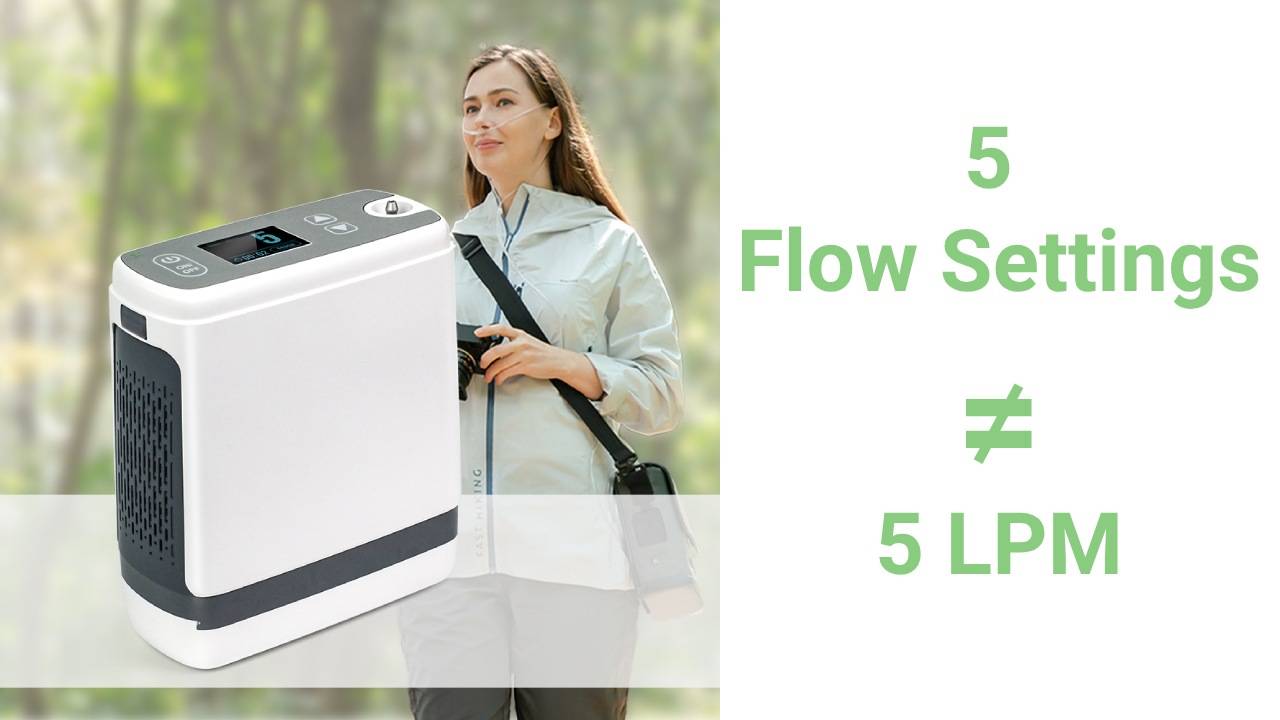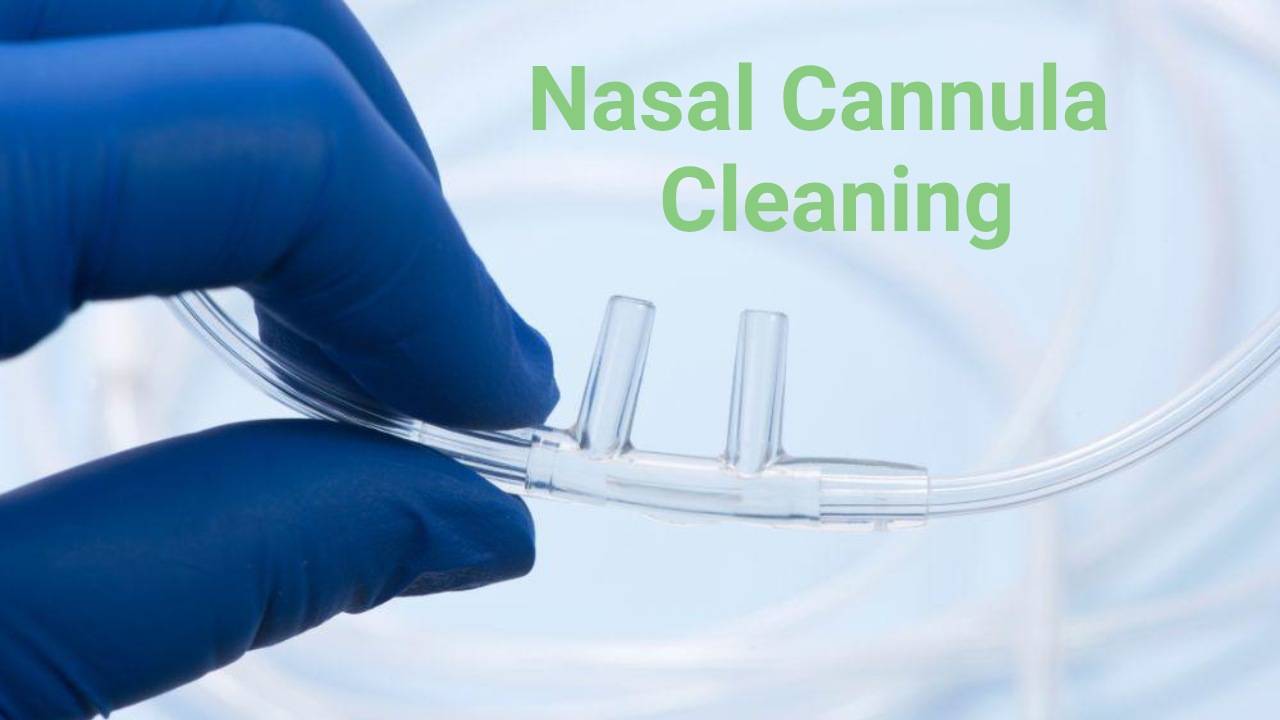Understanding Your Oxygen Prescription: A Guide to Optimal Oxygen Use
Understanding Your Oxygen Prescription:
A Guide to Optimal Oxygen Use
If you've been prescribed home oxygen therapy, you're taking an important step in managing your respiratory condition. But navigating the world of oxygen flow rates and concentrators can be overwhelming. This guide will help you understand your oxygen prescription and how to adjust flow rates to match your activity level.
Understanding Your Oxygen Prescription
Your doctor determines your oxygen prescription based on your specific condition and blood oxygen saturation levels (SpO2). SpO2 measures the amount of oxygen in your blood.
Target SpO2 levels:
- Type I respiratory failure: 94-98%
- Type II respiratory failure (COPD): 88-92%
Adjusting Your Oxygen Flow Rate
- Resting: This is your baseline flow rate.
- Daily activities: Slightly higher than resting.
- Exercise: Significantly higher than resting.
- Sleep: Often increased by 1 LPM to account for potential nighttime drops in oxygen levels.
- Activities: Increase resting rate by 100-150%.
- Exercise: Increase resting rate by 150-200%.
- Sleep: Increase resting rate by 1 LPM.
Key Points
Monitor your SpO2 levels closely. If your levels drop below the target range, increase the flow rate. If they rise above the target range, decrease the flow rate. It takes 3-5 minutes for your SpO2 levels to stabilize after adjusting the flow rate.
Wellue's Solution for Optimal Portable Oxygen Therapy

By understanding your oxygen prescription and how to adjust flow rates, you can optimize your oxygen therapy and enjoy a better quality of life. If you have any questions or concerns, always consult your doctor.



Muchas gracias. ?Como puedo iniciar sesion?
Muchas gracias. ?Como puedo iniciar sesion?
Muchas gracias. ?Como puedo iniciar sesion?
Muchas gracias. ?Como puedo iniciar sesion?
Muchas gracias. ?Como puedo iniciar sesion?